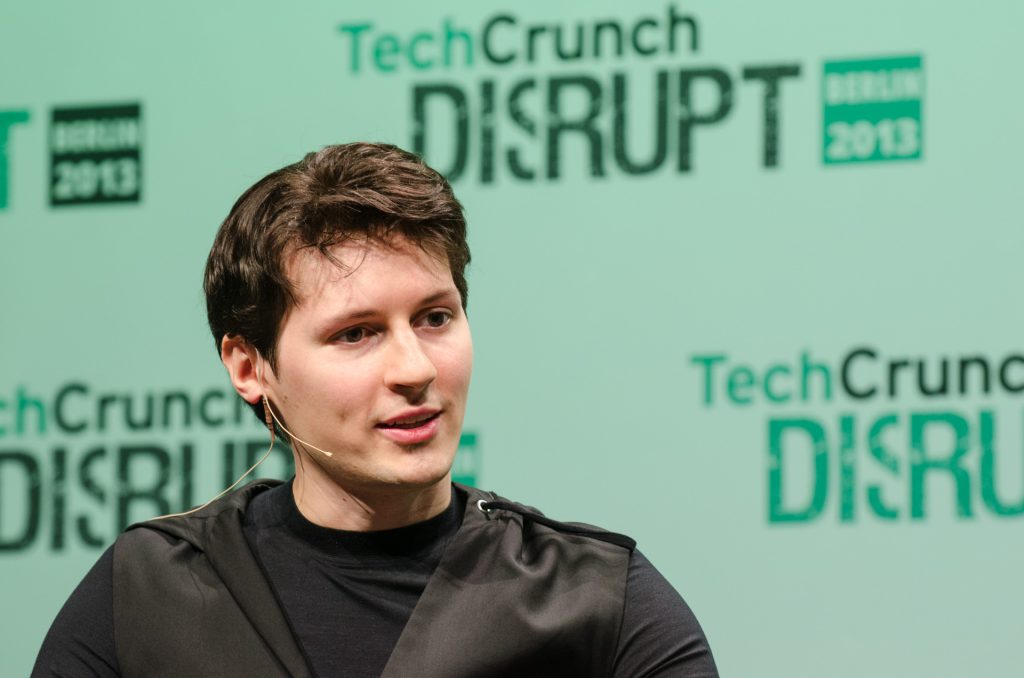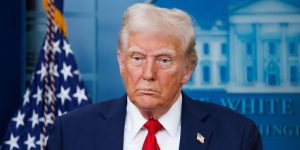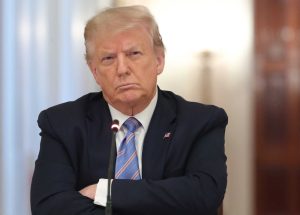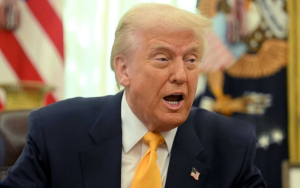The founder of Telegram explains why he refuses to do business in the US.
Others are reading now
Pavel Durov, the founder of Telegram, recently explained why he chooses not to conduct business in the United States during an interview with American journalist Tucker Carlson.
Durov cited unwelcome attention and control attempts by American intelligence agencies, notably the FBI, as his main deterrents.
Founded in 2013 by Russian-born programmers Nikolai Durov and Pavel Durov, Telegram is a cloud-based, cross-platform messaging service that offers encrypted communication and social media features. It enables users to share photos, videos, and messages, conduct private video calls, and host public livestreams. As of March 2024, Telegram boasts over 900 million users worldwide.
Challenges with American Intelligence
“Since arriving in the United States, we have attracted increased attention from the FBI and other security agencies,” Durov noted. He recounted several interactions that reinforced his decision to avoid the American business environment.
Also read
Durov described an incident during one of his trips to the United States where a Telegram engineer was allegedly targeted by American agents seeking to recruit him to gather intelligence on Telegram users and the company’s internal workings.
“The recruiters were interested in our open-source libraries, our client base, and tools that could potentially enable unauthorized access to Telegram,” he explained.
When asked by Carlson if the recruitment was intended for “spying on Telegram users,” Durov affirmed it was.
Personal Experiences
Durov also shared personal experiences highlighting the level of scrutiny he faced while in the United States.
“Every time I arrive in the US at the airport, I am questioned by the FBI,” he stated, adding that FBI agents once visited him at his rental home during breakfast. These interactions typically aimed to extract detailed information about Telegram’s operations.
“I realized that we attract too much attention here, which are not the best conditions for doing business,” he concluded.








